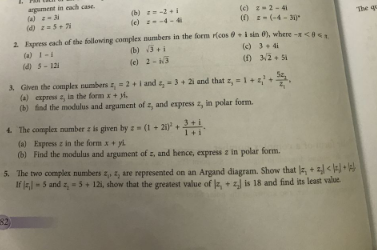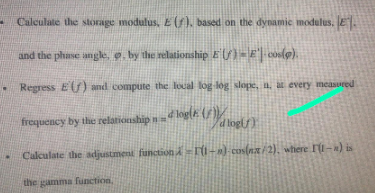
AllQuestion and Answers: Page 1002
Question Number 120427 Answers: 2 Comments: 0
Question Number 120425 Answers: 4 Comments: 0
Question Number 120422 Answers: 0 Comments: 4

Question Number 120414 Answers: 0 Comments: 0

Question Number 120413 Answers: 1 Comments: 1

Question Number 120409 Answers: 3 Comments: 1
Question Number 120395 Answers: 3 Comments: 0

Question Number 120393 Answers: 0 Comments: 4

Question Number 120389 Answers: 3 Comments: 2

Question Number 120383 Answers: 3 Comments: 0
Question Number 120380 Answers: 2 Comments: 0
Question Number 120378 Answers: 1 Comments: 2
Question Number 120374 Answers: 3 Comments: 0
$$\:\:\:\:\int\:\frac{\sqrt{\mathrm{1}+{x}^{\mathrm{2}} }}{{x}}\:{dx}\: \\ $$
Question Number 120365 Answers: 0 Comments: 4
Question Number 120363 Answers: 1 Comments: 0
Question Number 120355 Answers: 3 Comments: 2

Question Number 120342 Answers: 0 Comments: 0

Question Number 120331 Answers: 0 Comments: 8

Question Number 120325 Answers: 0 Comments: 6
Question Number 120324 Answers: 1 Comments: 0
Question Number 120322 Answers: 1 Comments: 3

Question Number 120323 Answers: 0 Comments: 0

Question Number 120316 Answers: 1 Comments: 0
Question Number 120312 Answers: 1 Comments: 0
Question Number 120526 Answers: 0 Comments: 1

Question Number 120301 Answers: 1 Comments: 3
Pg 997 Pg 998 Pg 999 Pg 1000 Pg 1001 Pg 1002 Pg 1003 Pg 1004 Pg 1005 Pg 1006
